Shadow NFTs

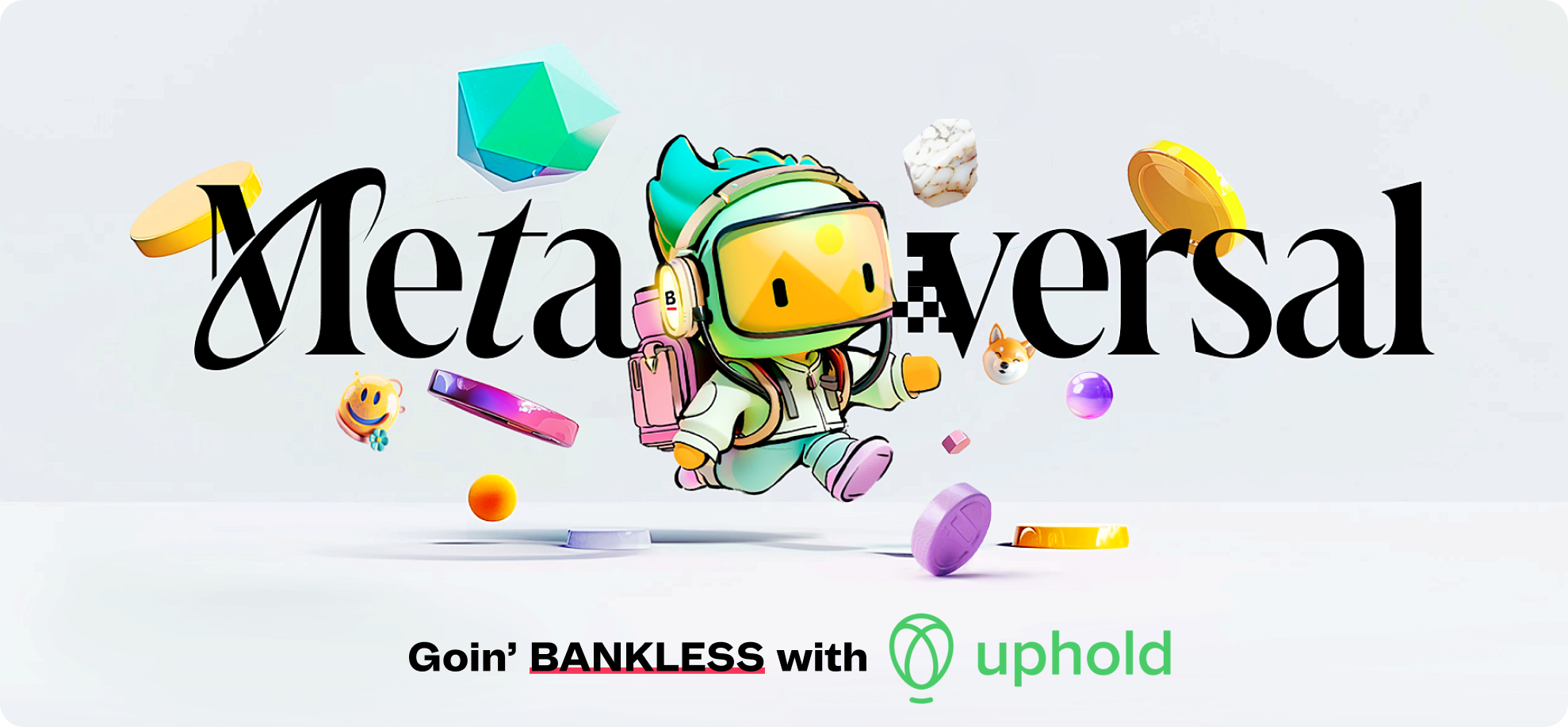
View in Browser
Sponsor: Uphold — Buy, swap & hold 300+ crypto. Capital at risk.
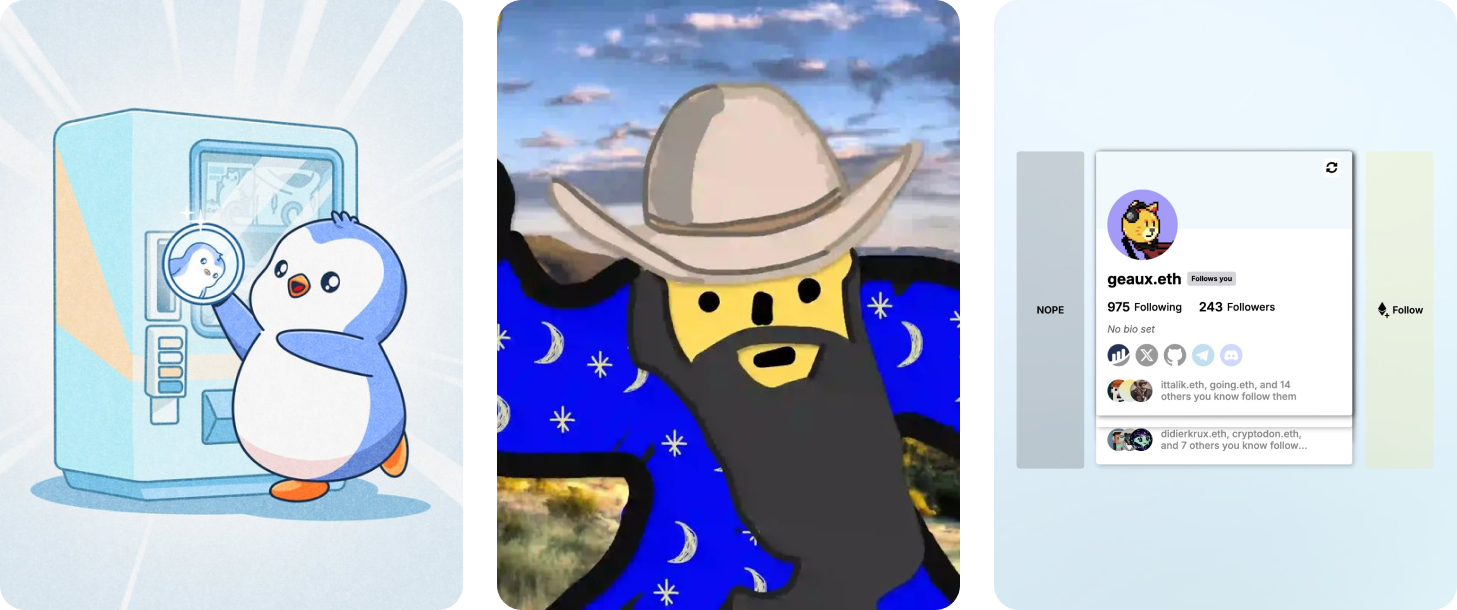
- 🐧 Pudgy Penguins' Pay Push. Thanks to a Shopify Pay integration via the Helio crypto e-commerce platform, shoppers can now pay with $PENGU on the official Pudgy Penguins store and across 1,000s of Shopify stores.
- 🧙 Taproot Wizards Mint Nears. The long-awaited Ordinals collection will launch on March 25th with a 0.2 BTC mint price and 2,121 supply. Holders of Entangled Quantum Cats (one “dead,” one “alive”) can mint at a discounted 0.1 BTC.
- 📢 Ethereum Follow Protocol's Redesign. The Ethereum Follow Protocol (EFP) app just rolled out a major UI overhaul, adding features like notifications, ENS headers, a new “Status” ENS record, and an improved transaction flow.

In crypto, two of the biggest remaining fields of conquest are 1) onchain privacy, and 2) crosschain interoperability.
In other words, our space is advancing toward being able to make blockchain transactions discreetly and toward being able to use your assets easily on a variety of networks.
There's still much progress to be made on both fronts, but we're marching forward. I've recently covered good upstart privacy apps like Fluidkey and Veil, while crosschain intents via ERC-7683 will soon defragment the Ethereum ecosystem considerably.
But zooming in on interoperability specifically, a newer solution caught my eye this week because of its NFT implications and how it can be used across both Ethereum and non-Ethereum chains.
That solution? LayerZero's lzRead, which allows projects to readily retrieve data from wherever they need.
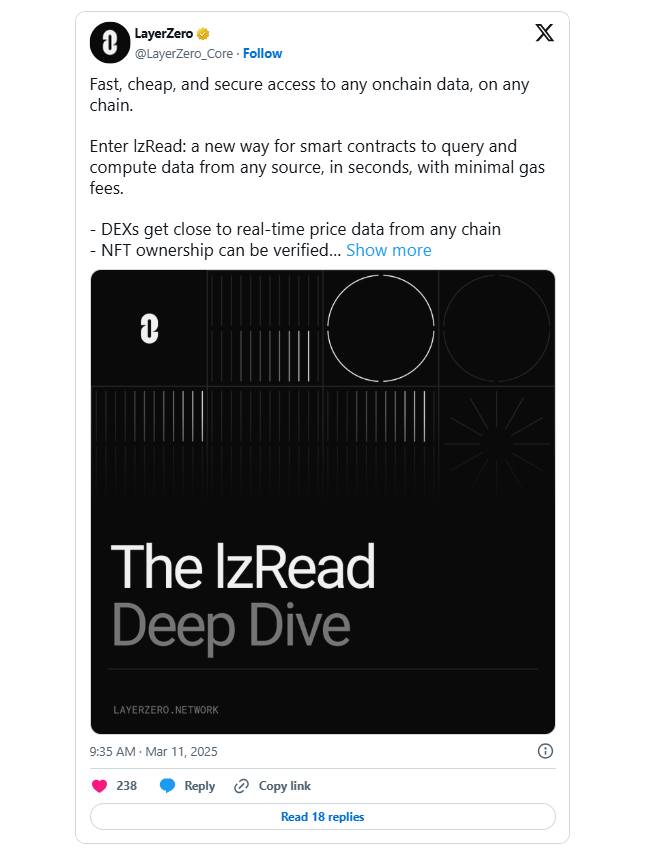
What's interesting to me here is that, among other things, lzRead paves the way to a new NFT interoperability method: Shadow NFTs. Pioneered by 0xQuit for Yuga Labs, Shadow NFTs allow NFTs to be recognized across multiple chains without being moved (in contrast to lock-and-mint bridges).
Now, there are already interesting efforts in this ballpark. Pirate Nation uses its custom Mirroring smart contract to verify owners of its Ethereum NFTs on its Arbitrum-based Apex and Boss L3s, while Cartridge's Slot infra is streamlining multichain deployments for onchain games.
lzRead differs from these approaches in that it relies on LayerZero's new Blockchain Query Language (BQL).
Unlike other messaging systems that require direct state updates between chains, lzRead uses the standardized BQL framework so projects can request data from any chain (or even offchain sources) in real time and without altering onchain state.
How this looks in practice with lzRead is that a smart contract on one chain (e.g. Base) submits a request to retrieve data from another chain (e.g. Ethereum).
The request is then routed through a "decentralized verifier network," or DVN, which grabs the relevant data directly from the target chain and returns the result in provable and trustless fashion.
At this point, the requesting app can now use the answer to determine ownership and enable follow-up interactions, all without transferring any assets.
This brings us back around to Shadow NFTs. So what's the big deal?
It's a crosschain NFT verification use case developed by Yuga Labs and powered by lzRead. In other words, you can confirm ownership records from one chain on another without bridging or paying gas for multiple transactions.
For example, the best assets, like the biggest digital collectibles, are on the Ethereum L1. The best UX, like very cheap and very fast transactions, are on high-performance chains like L2s.
With lzRead, this distinction can be erased, such that you can simply use your L1 NFT in L2 apps. The flagship advance here so far is Yuga Labs's work to bring Bored Apes and beyond to ApeChain.
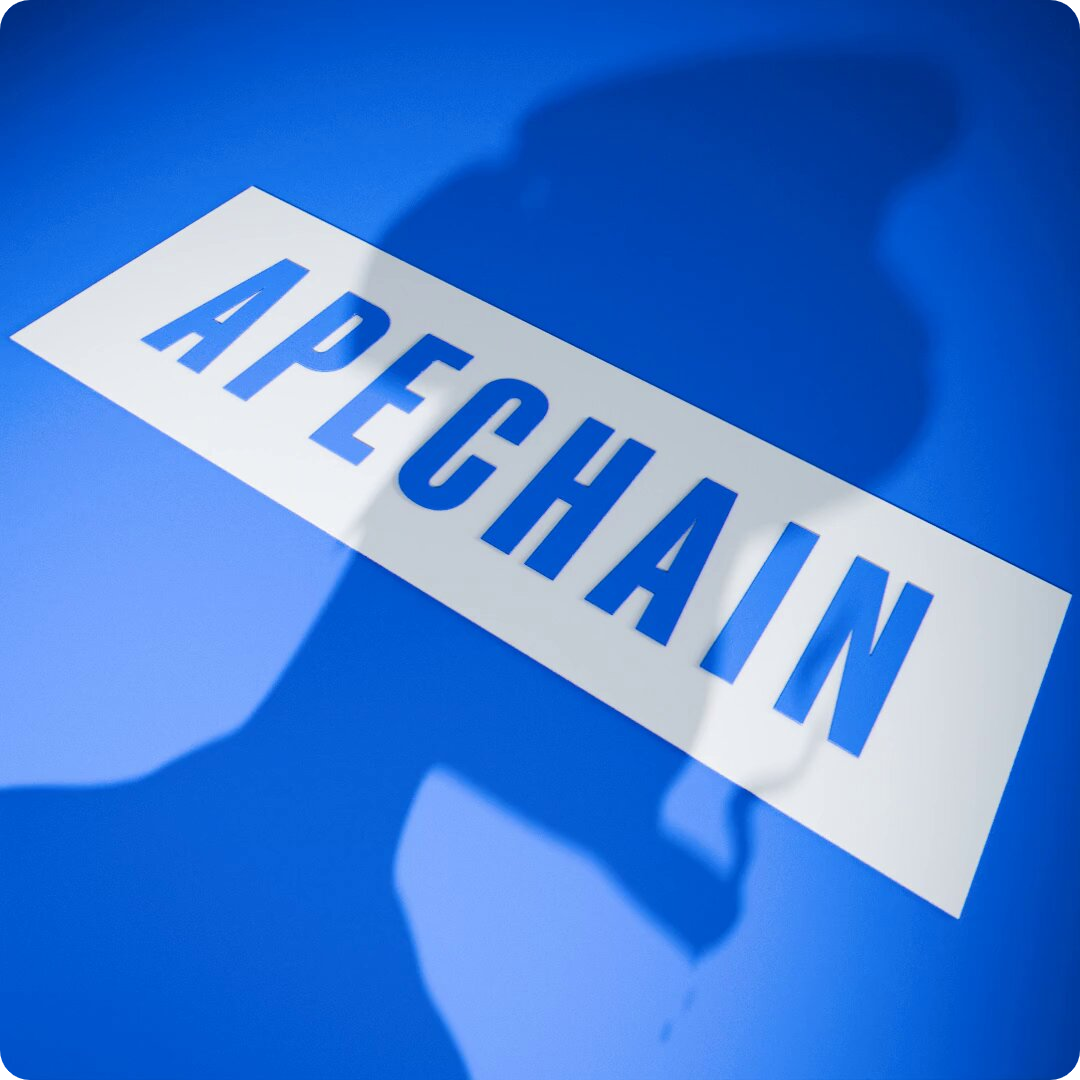
This capability, which is fast, cheap, and permissionless to use, has big implications for crypto gaming and NFT governance.
Now you can get something akin to Pirate Nation Mirroring for any NFT across any chains but without having to deploy and oversee your own custom or forked infra. This paves the way for more of the most popular Ethereum NFTs to be used in crypto games on other chains.
Also, this functionality can bring more governance flexibility to NFT communities. For instance, let's say the Nouns wanted to move to cheaper DAO voting on Base but without bridging the PFP memberships from Ethereum. lzRead would be an option.
All that said, expect more experiments to come here. This is a new data primitive that major collections, DAOs, and games may increasingly start tapping into for the benefits of crosschain NFTs without the usual headaches. Keep it on your radar!
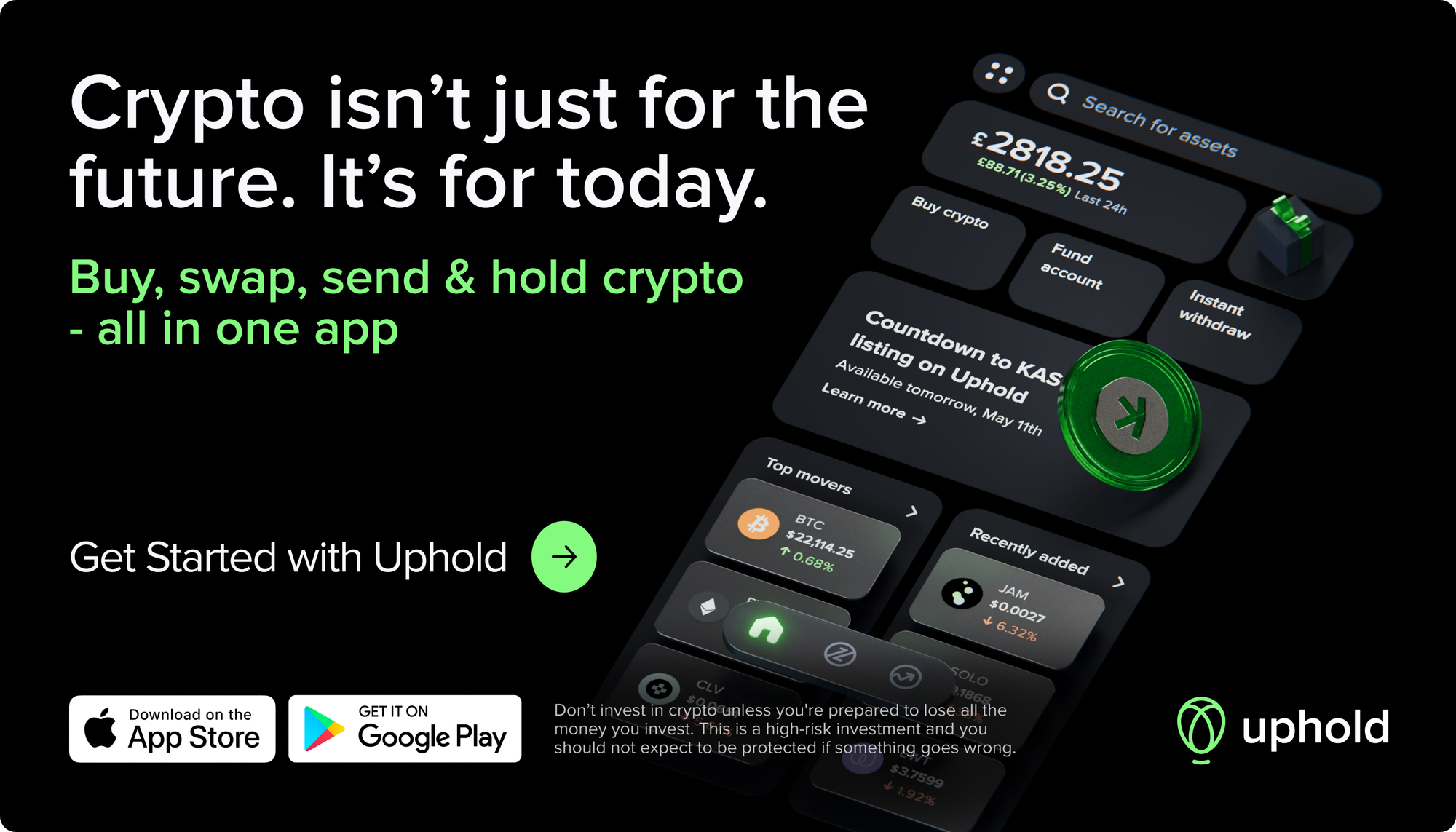
Explore +300 assets on Uphold. Trade, swap & hold — all in one place. In the US? Earn rewards, including rewards on stablecoins, exclusive insights, and early token access—just by staying active. Terms apply. Don’t invest unless you’re prepared to lose all the money you invest.